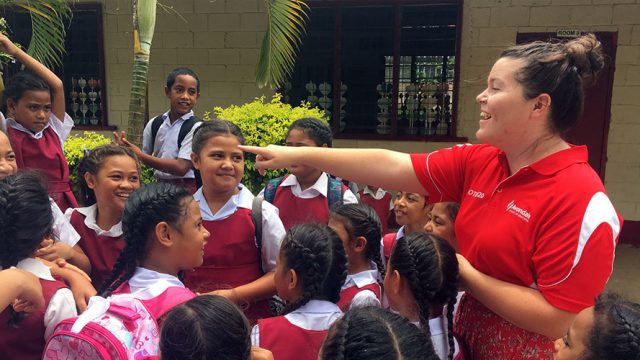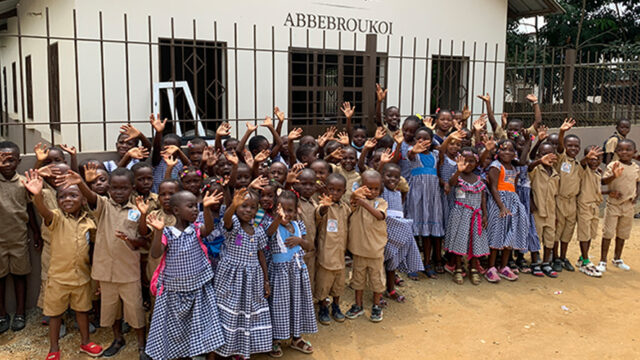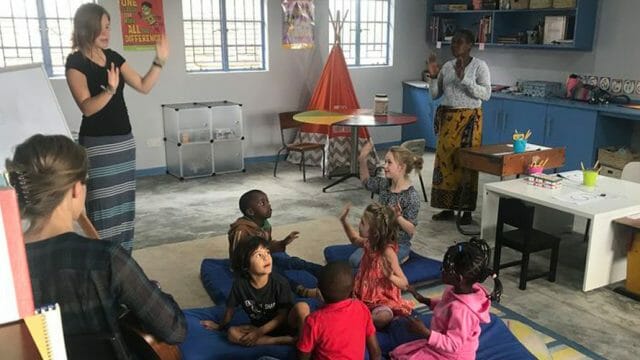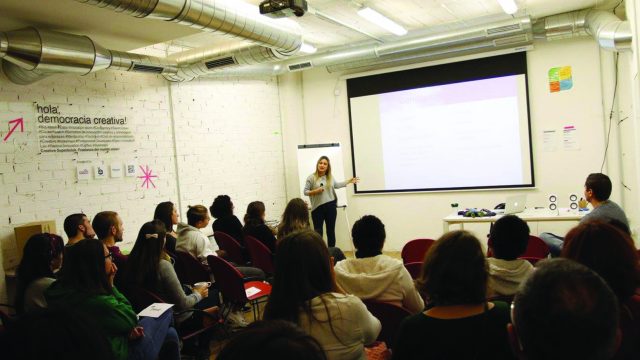Water means food and self-reliance, education and opportunities, and protection.
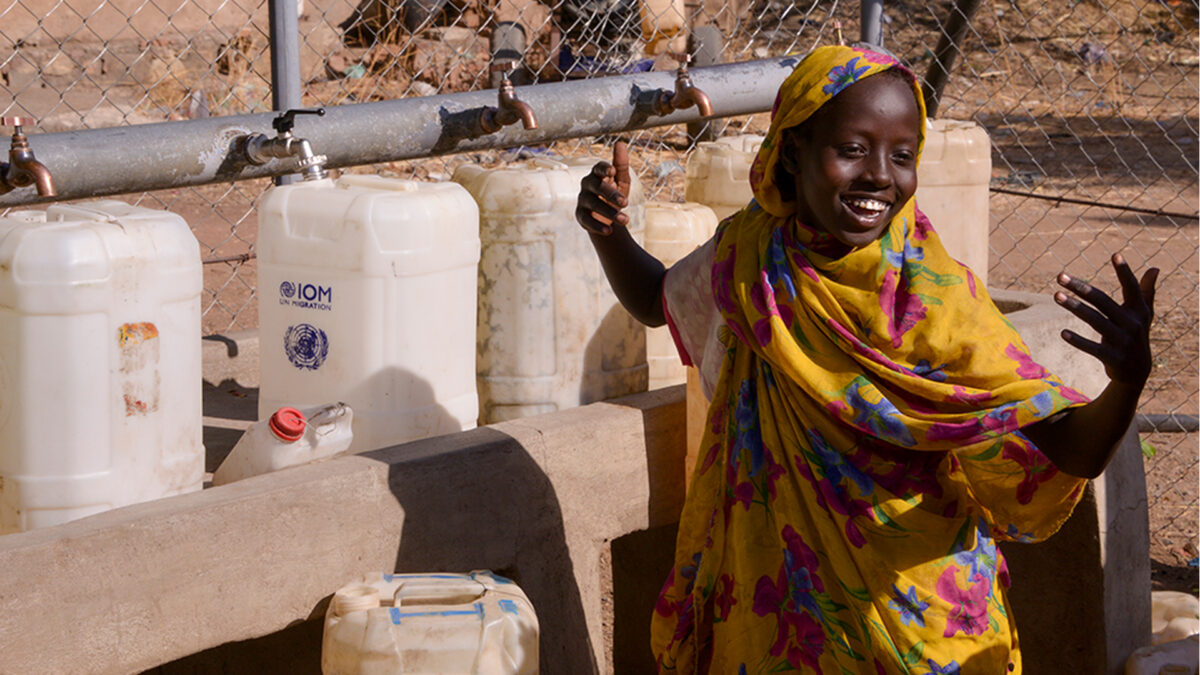
After the establishment of the Adventist Development and Relief Agency in Canada in 1985, some of the agency’s earliest projects included providing safe water to communities. Throughout its history, ADRA has dug wells, repaired water systems, distributed water tanks and filters, and implemented many more activities that help families to have the water they need. These examples only scratch the surface of ADRA’s work in bringing fresh, safe drinking water to communities.
Water means more to us than you might think. Water means survival. You can survive only three days without water. It is intrinsically involved in much of our lives, and its lack or inaccessibility has broad implications. Addressing water issues in the world not only ensures survival but also restores and uplifts human dignity.
In regions where rainfall is seasonal and sporadic, ADRA has shown families how to make the most of the water available to grow their food. By installing rainwater tanks, ADRA has enabled families to have access to water throughout much of the year. ADRA has also demonstrated simple technologies for irrigation that not only extend growing seasons but also conserve water. For example, families in Rwanda now bury unglazed clay pots in their gardens. They fill the pots with water and cover them with a lid. The lid helps prevent evaporation while the water slowly leaches out of the clay pots, irrigating their gardens. As another example, families in Kenya now conserve their wastewater from cooking and reuse it in their kitchen gardens. Water means food and self-reliance.
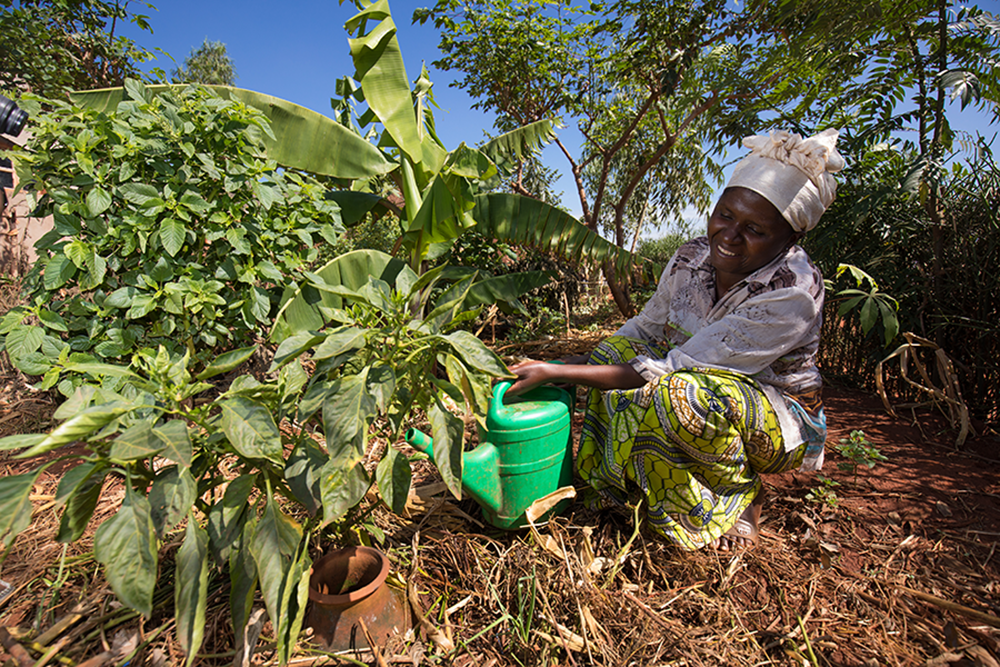
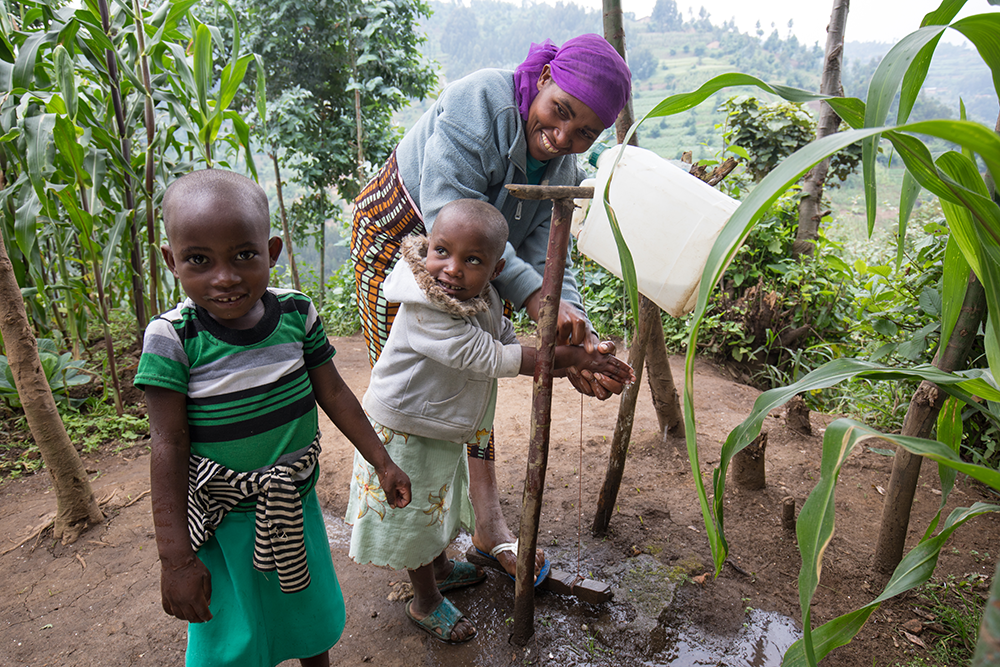
Water’s importance goes beyond drinking and growing crops. It is closely linked to education, particularly for girls. In communities where girls are expected to fetch the family’s water, this task alone can take up much of the day. This bars girls from attending school and the chance of a better life through education. ADRA has addressed this barrier in various ways, including installing water pumps in central locations. This reduces the amount of time required to fulfill this important task and enables girls to attend school. Water means education and opportunities.
The ongoing COVID-19 pandemic highlights the necessity of water. We need water to keep ourselves healthy and safe from viruses and harmful bacteria. With the ability to wash hands and keep homes clean, families are better protected from contracting illnesses. ADRA supports families in their efforts to protect themselves. Especially in some regions where access to clean water is difficult, ADRA has taught families how to construct simple handwashing stations from readily available materials. A few good-sized sticks, a plastic jug, some string, and some soap come together to create a convenient way for families to consistently wash their hands and keep themselves safe. Water means protection.
All these waterworks are made possible by the generosity of ADRA supporters, ADRA Canada leaders emphasized. “We want to recognize each of the persons who enable us to continue empowering others to live healthier and happier lives,” they said.
The original version of this commentary was posted by ADRA Canada.



